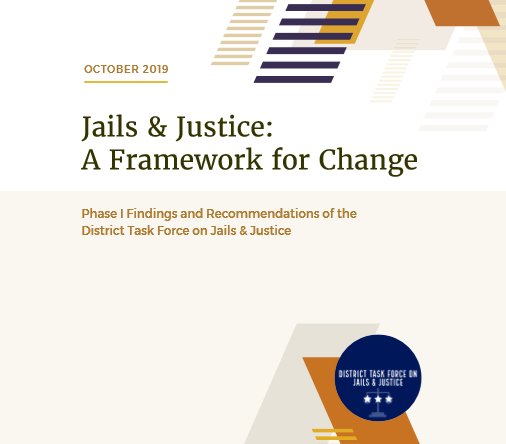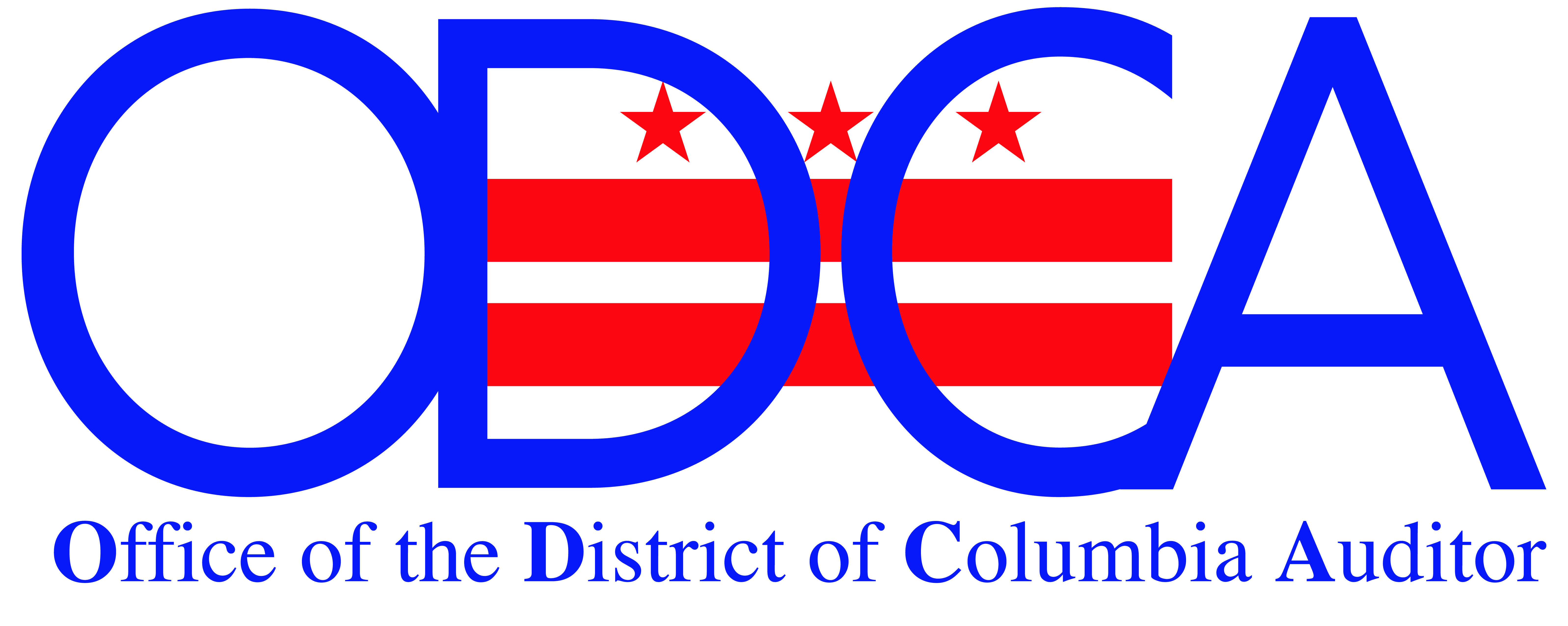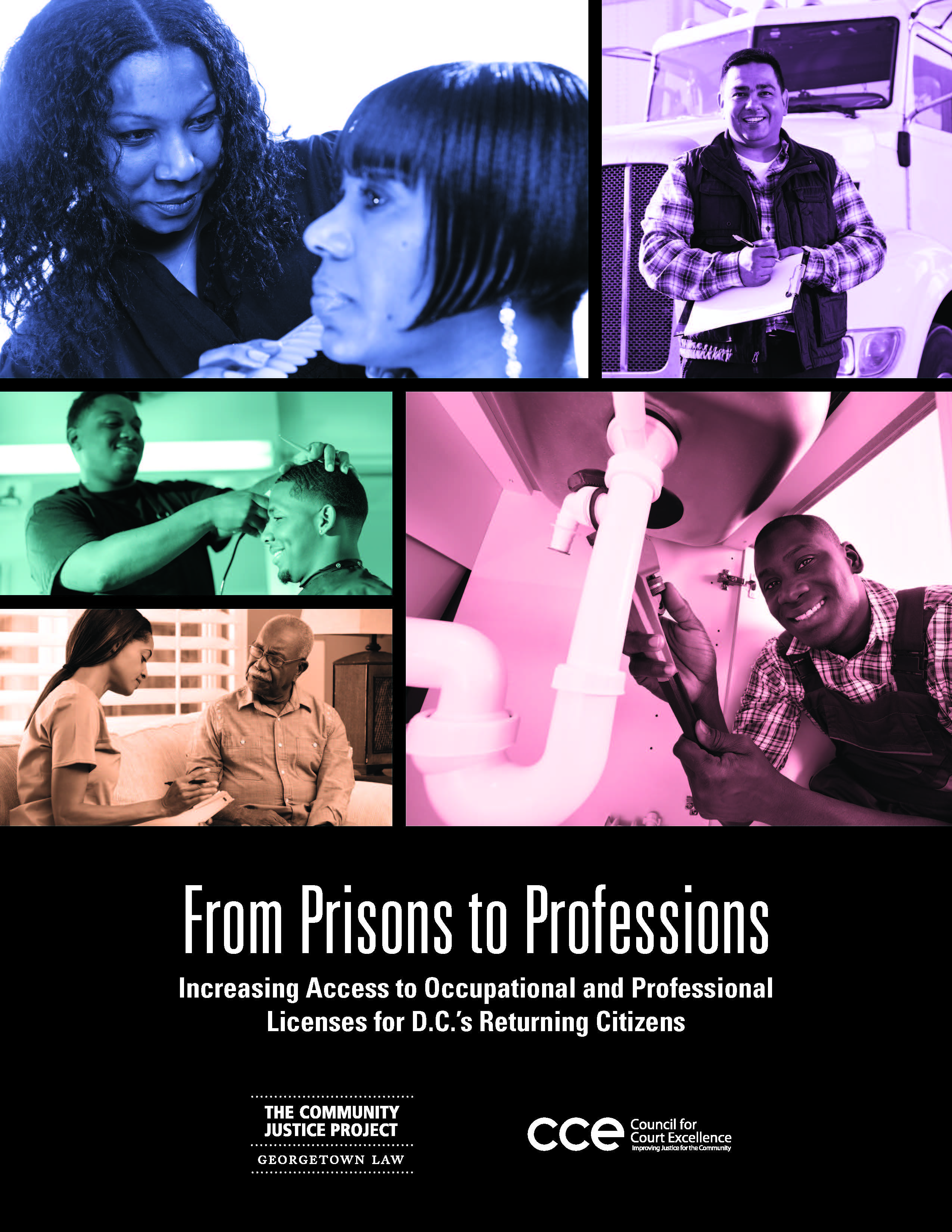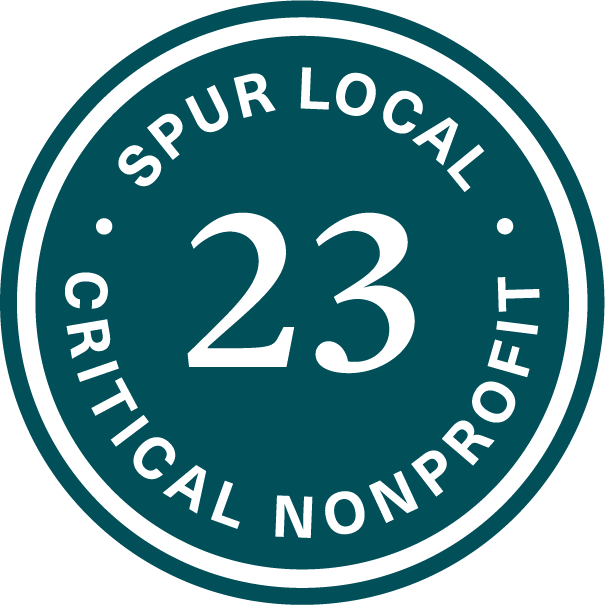Digital Library
This report details the findings of the District Task Force on Jails & Justice's Committee on Local Control.
This report details the findings of the District Task Force on Jails and Justice's Committee on Facilities and Services.
This document includes the corrections data technical addendum for the District Task Force on Jails & Justice.
This document contains the community engagement data analysis for Phase I for the District Task Force on Jails & Justice.

Published on November 5, 2019, the Phase I report includes feedback from nearly 2,000 community members and experts in the criminal legal field, as well as the input and energy from its 26 members. The Task Force is convened by the Council for Court Excellence and partners the Vera Institute for Justice and National Reentry Network for Returning Citizens.

A Report of the Office of the District of Columbia Auditor
Kathleen Patterson, District of Columbia Auditor
The Department of Behavioral Health’s (DBH) mission is “to develop, manage and oversee a public behavioral health system for adults, children and youth and their families that is consumer driven, community-based, culturally competent and supports prevention, resiliency and recovery and the overall wellbeing of the District of Columbia.” Among the populations that DBH serves are adults with behavioral health disorders who commit, or are accused of committing, a criminal offense. In October 2016, the Office of the District of Columbia Auditor (ODCA) engaged the Council for Court Excellence (CCE) to conduct a review of, and make recommendations for improving, the effectiveness of DBH’s interactions with the criminal justice system and the services it provides to justice-involved behavioral health consumers.

Collaborating with Georgetown Law Center’s Community Justice Project to identify the most serious collateral consequences of having a criminal record, CCE has focused on reforms needed in D.C.’s occupational and professional licensing system. This report examines barriers that a returning citizen may experience while working to obtain an occupational or professional license in the District of Columbia. CCE’s eight recommendations include prohibiting D.C.’s licensing boards from considering non-conviction background information and older convictions, as well as creating and applying a uniform standard that all licensing boards use to review convictions.
CCE is proud to provide this CCE's cross-jurisdictional review of systems for remote access to public court records to help guide the D.C. courts as they continue to implement new technologies.

Through a review of previously unreleased data and a series of in-depth interviews with returning citizens and service providers, this report, Beyond Second Chances: Returning Citizens’ Re-entry Struggles and Successes in the District of Columbia, provides the most complete picture to date of the challenges that returning citizens face in D.C. and offers recommendations to help them succeed when reintegrating into their communities. In a city where 1 in 22 adults is under some form of correctional control on any given day, easing the path home will benefit thousands of D.C. residents, their families, and the entire city by helping returning citizens move beyond second chances to fulfill their potential.
Working with Georgetown Law’s Community Justice Project, CCE drafted this initial policy report for the D.C. Council, Toward Greater Access: A Proposal for a Clemency Solution for DC. The primary goal of this proposal is to create the most effective, complete, and feasible clemency solution possible for DC. This Proposal functions as a complete set of recommendations that could immediately be implemented by the Council of the District of Columbia.This document’s analysis is based on academic articles and research into current state clemency system practices. Furthermore, we conducted interviews with legal academics about best practices in clemency systems, individuals affiliated with CCE with knowledge of and experience with the DC criminal justice system, returning citizens—both federal and DC Code offenders—in DC who sought clemency, and local practitioners, who could talk about obstacles to clemency in the current system.


